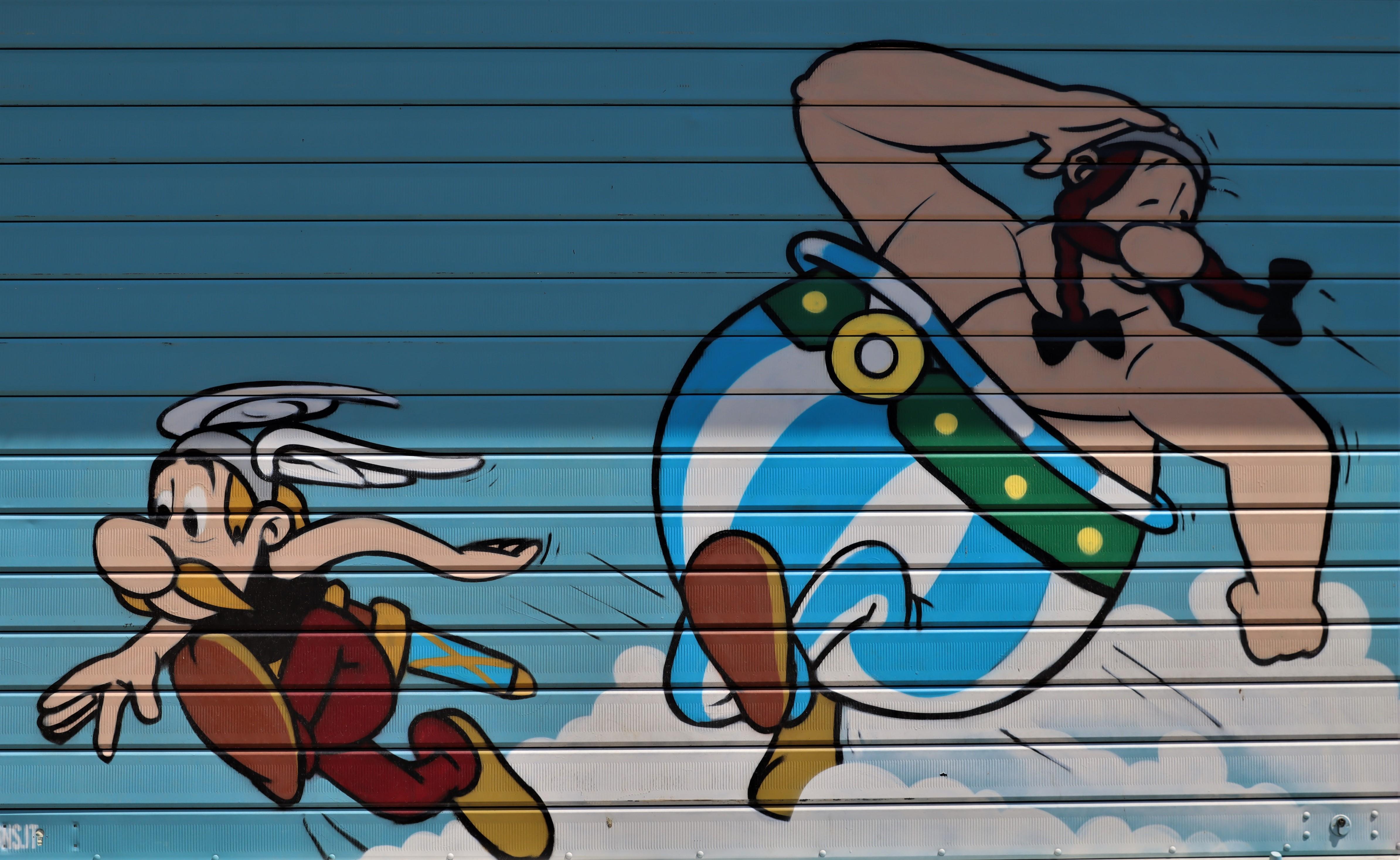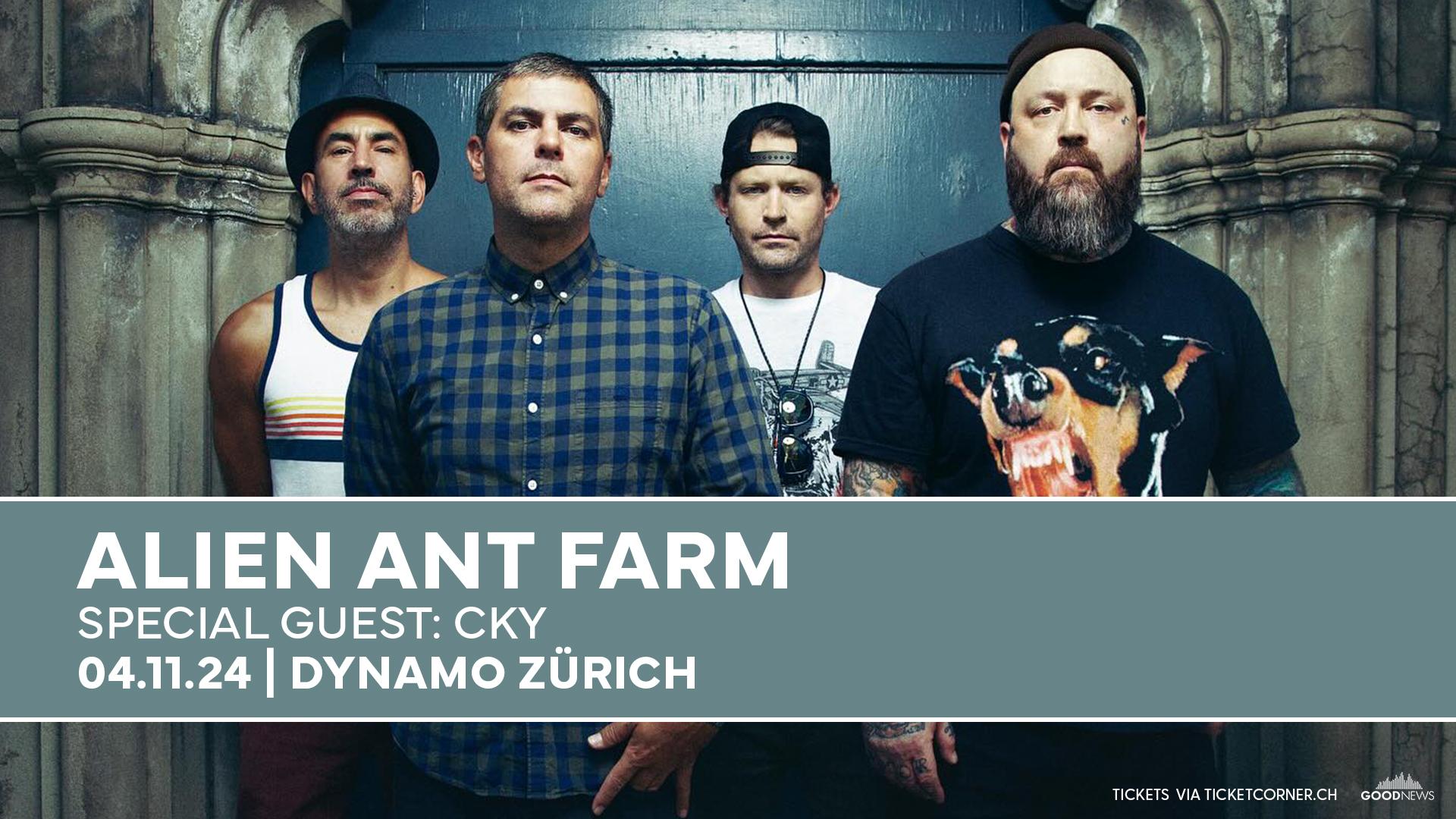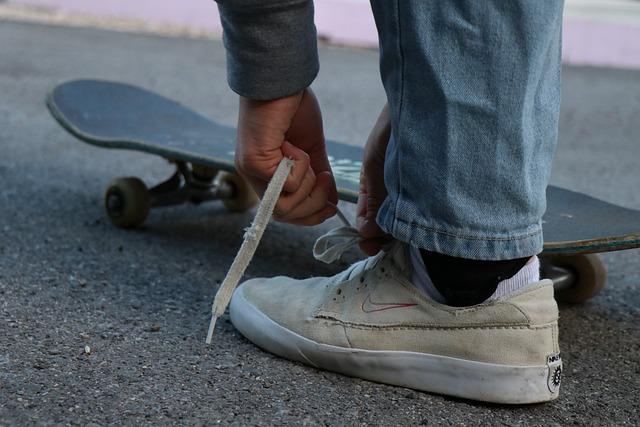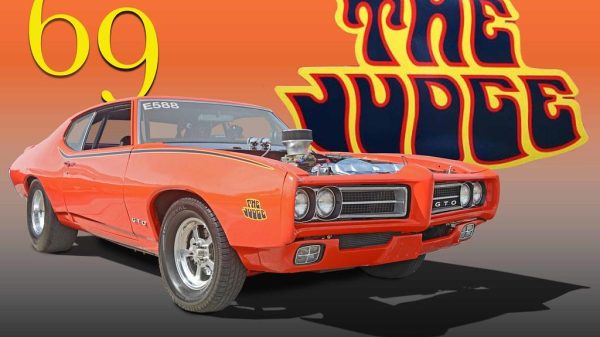Skateboarding, once a subcultural phenomenon relegated to the fringes of society, has transcended its rebellious roots to emerge as a defining influence in global culture. The legacy of skateboarding icons, from pioneers like Tony Alva and Stacy Peralta to modern-day innovators such as Tony Hawk and Nyjah Huston, is a testament to the sport’s transformative power. These trailblazers have not only elevated skateboarding from a pastime to a professional sport but have also left an indelible mark on fashion, music, and art. Through their daring feats and relentless pursuit of creativity, they have inspired generations, reshaping cultural landscapes and challenging societal norms. This article delves into the profound impact of these skateboarding legends, examining how their contributions have shaped contemporary culture and continue to influence new waves of enthusiasts around the world.
Pioneers of the Pavement: Tracing the Historical Roots of Skateboarding Icons
The rise of skateboarding as a cultural phenomenon owes much to the pioneers who transformed a mere pastime into an emblem of rebellion and artistry. In the early days, these trailblazers carved a path, not just on the concrete, but also in the societal fabric, leaving an indelible mark that transcended generations. Figures such as Tony Hawk, Stacy Peralta, and Rodney Mullen pushed the boundaries of what was possible on a skateboard, each introducing innovative tricks and styles that set new standards and inspired countless enthusiasts.
- Tony Hawk: Revolutionized vertical skateboarding with his iconic 900-degree spin.
- Stacy Peralta: Co-founded the legendary Z-Boys and helped popularize the sport through film.
- Rodney Mullen: Invented numerous tricks, including the kickflip and flat-ground ollie, fundamentally changing street skating.
These icons not only mastered the art of skating but also became symbols of freedom and creativity. Their influence extends beyond skate parks and competitions; it is felt in fashion, music, and even language, making skateboarding a universal dialect of youth culture. By challenging norms and embracing individuality, they laid the groundwork for skateboarding to flourish as a dynamic cultural force.

Cultural Catalysts: How Skateboarding Legends Shaped Global Youth Culture
Skateboarding, once considered a fringe activity, has grown into a global phenomenon, largely due to the profound impact of its legendary figures. These trailblazers have not only redefined the sport but have also acted as cultural catalysts, reshaping the identities and aspirations of young people worldwide. Tony Hawk, often dubbed the “Birdman,” revolutionized skateboarding with his innovative tricks and high-flying performances, breaking barriers and inspiring a generation to push beyond conventional limits. His influence extends beyond the ramps, as he has become a beacon of creativity and resilience, urging youth to embrace individuality and perseverance.
- Rodney Mullen: Known as the godfather of street skating, Mullen introduced foundational tricks like the kickflip and flatground ollie, paving the way for modern street skateboarding.
- Stacy Peralta: As a member of the Z-Boys and a pioneering filmmaker, Peralta has chronicled the evolution of skateboarding culture, providing a narrative that resonates with both enthusiasts and outsiders alike.
- Elissa Steamer: Breaking gender barriers, Steamer emerged as one of the first prominent female skateboarders, inspiring countless young women to pursue their passions within a male-dominated sport.
The legacy of these icons is not confined to their skateboarding prowess alone; they have also influenced fashion, music, and art, crafting a unique subculture that thrives on authenticity and innovation. By transcending their sport, they have laid the groundwork for a cultural movement that empowers youth to express themselves freely and fearlessly.

From Rebellion to Mainstream: The Evolution of Skateboardings Social Perception
Skateboarding, once a symbol of youthful defiance and counterculture, has undergone a dramatic transformation in societal perception. This evolution is largely attributed to iconic figures who have pushed the boundaries of what was possible on four wheels, embedding themselves in the cultural fabric. Pioneers like Tony Hawk and Rodney Mullen not only redefined the sport with their innovative tricks and styles but also elevated its status from underground rebellion to mainstream recognition. Their influence transcends the skate parks, infiltrating fashion, music, and even art, proving that skateboarding is not just a sport but a lifestyle and a form of expression.
- Fashion Influence: Skateboarding icons have inspired streetwear trends, with brands like Vans and Supreme becoming household names.
- Music and Media: The skateboarding scene has influenced music genres such as punk and hip-hop, and has been featured in numerous films and video games.
- Artistic Expression: Skateboarding’s DIY ethic has fostered a culture of creativity, influencing graphic design and visual arts.
As these cultural icons continue to shape public perception, skateboarding is no longer seen as a mere pastime for rebels. It has become a respected discipline, a testament to the enduring legacy of those who dared to challenge the norm and redefine what it means to be a skater.
Empowering the Next Generation: Recommendations for Cultivating Future Skateboarding Talent
To ensure the continued evolution of skateboarding culture, fostering young talent is essential. Skateboarding, once a subculture on the fringes of mainstream sports, now enjoys global recognition and a vibrant community. To cultivate the next generation of skateboarders, communities and mentors should focus on a few key strategies:
- Accessible Infrastructure: Develop more skate parks and safe spaces for practice. These areas should cater to all skill levels, encouraging beginners and challenging advanced skaters.
- Mentorship Programs: Connect young skaters with seasoned professionals who can offer guidance, share experiences, and instill a passion for the sport.
- Inclusive Events: Organize competitions and exhibitions that highlight diverse talent, breaking down barriers and encouraging participation from all demographics.
- Educational Workshops: Offer workshops that not only focus on skills but also on the history and cultural significance of skateboarding, emphasizing its role as a form of artistic expression and social change.
By implementing these recommendations, the skateboarding community can nurture a new wave of talent that respects the legacy of past icons while pushing the boundaries of what’s possible. In doing so, the cultural influence of skateboarding will continue to inspire and resonate with future generations.









